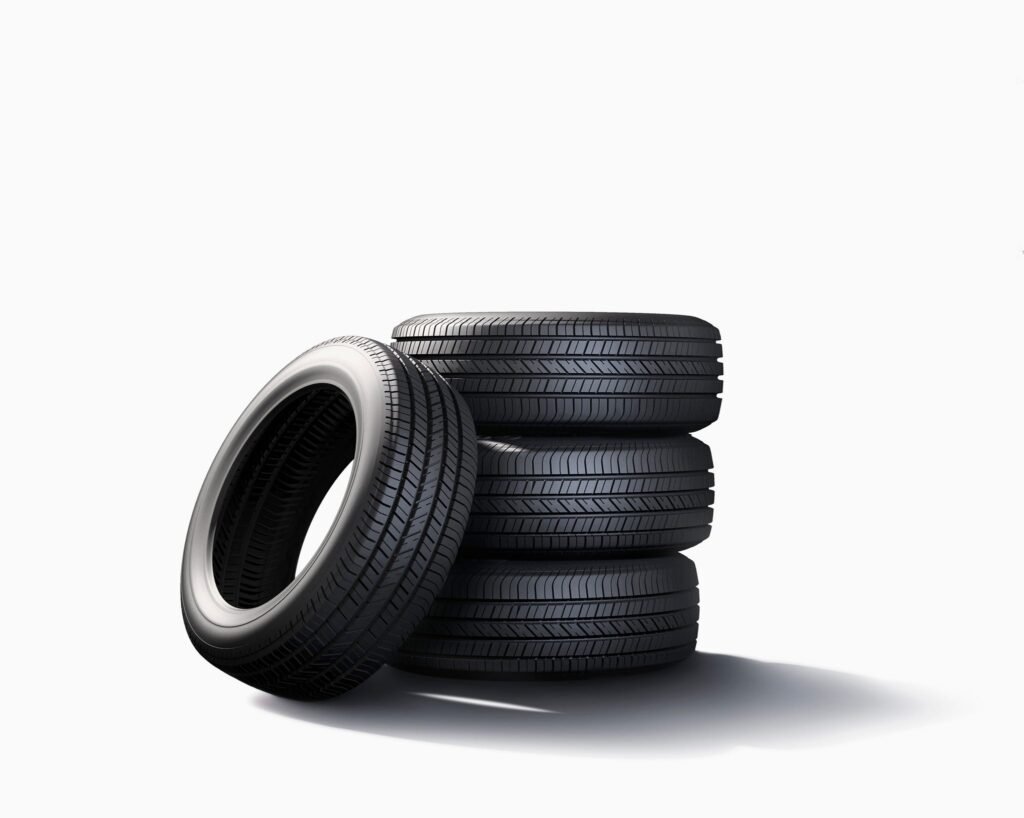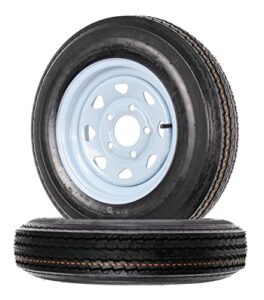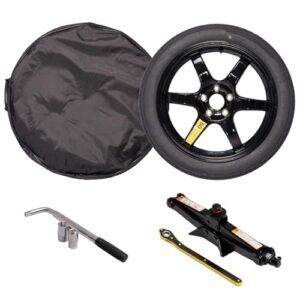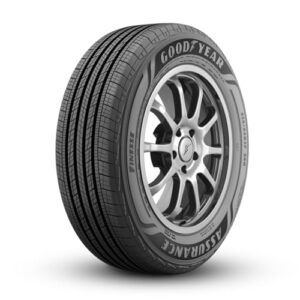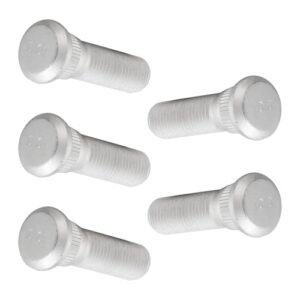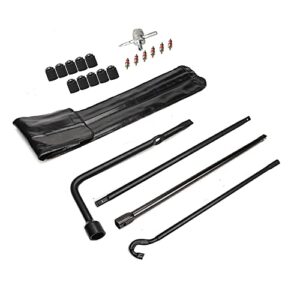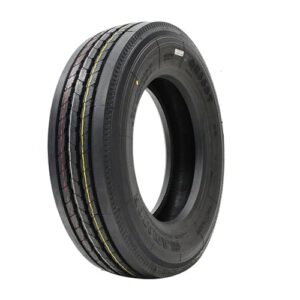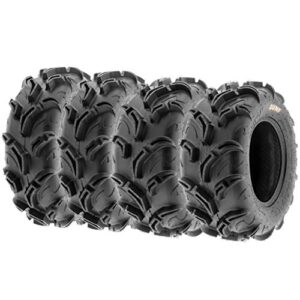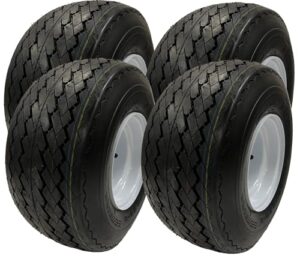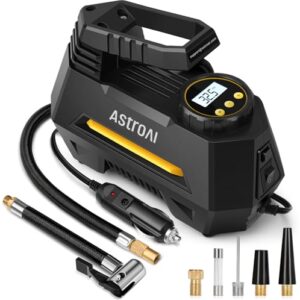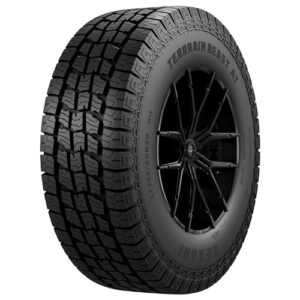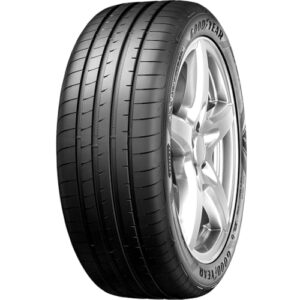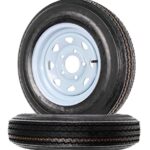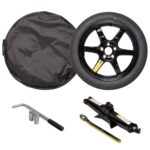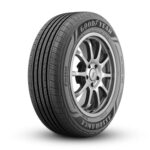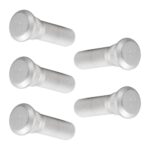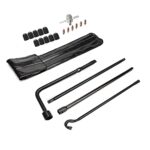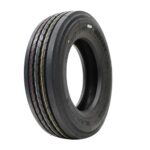To choose tires for sports cars, focus on performance, grip, and compatibility with your vehicle. Consider tire type, size, and tread pattern.
Selecting the right tires for your sports car is crucial for optimal performance and safety. High-performance tires increase grip, handling, and overall driving experience. Start by checking your car’s specifications to determine the appropriate tire size and type. Summer tires provide excellent traction in warm conditions, while all-season tires offer versatility in varying climates.
Tread patterns also play a significant role in handling different road surfaces. Quality tires can significantly improve your vehicle’s acceleration, braking, and cornering abilities. Investing in the right set of tires ensures that you get the most out of your sports car’s capabilities.
Types Of Tires
Choosing the right tires for your sports car is crucial. The type of tire affects your car’s performance and safety. There are three main types of tires to consider: Summer Tires, Winter Tires, and All-Season Tires.
Summer Tires
Summer tires are designed for warm weather. They offer excellent grip on both dry and wet roads. These tires have a unique rubber compound that softens in the heat. This provides better traction and handling. Summer tires also have fewer grooves, which increases the contact area with the road.
| Pros | Cons |
|---|---|
| Superior grip in warm weather | Poor performance in cold conditions |
| Improved handling and braking | Not suitable for snow or ice |
Winter Tires
Winter tires are essential for cold climates. They are made with a special rubber compound that remains flexible in freezing temperatures. Winter tires have deep treads and more sipes. These features improve traction on snow and ice.
- Pros: Better grip on ice and snow, improved braking in cold weather
- Cons: Increased road noise, faster wear in warm conditions
All-season Tires
All-season tires are versatile. They perform well in various conditions but do not excel in any specific one. These tires have a balanced tread design. This makes them suitable for both wet and dry roads.
- Pros: Versatile, good for mild climates
- Cons: Average performance, not ideal for extreme conditions

Tire Size And Fitment
Choosing the right tires for a sports car is crucial. Tire size and fitment play a significant role in performance. The wrong size can affect handling and safety. This section will help you understand how to pick the correct tire size and fitment.
Reading Tire Sizes
Understanding tire sizes is essential. Tire sizes are indicated on the sidewall. They follow a specific format like 225/45R17. Here’s what it means:
- 225 – Tire width in millimeters.
- 45 – Aspect ratio, height to width.
- R – Radial construction.
- 17 – Diameter of the wheel in inches.
Importance Of Correct Fitment
Correct fitment ensures optimal performance. Wrong fitment can lead to poor handling. It can also cause tire wear and safety issues.
Here are key points to consider for proper fitment:
- Check the manufacturer’s recommendations.
- Ensure the wheel size matches the tire size.
- Verify the tire load rating.
- Consider the tread pattern for specific driving conditions.
| Aspect | Importance |
|---|---|
| Width | Affects grip and stability |
| Aspect Ratio | Impacts ride comfort |
| Diameter | Must match wheel size |
Tread Patterns
Choosing the right tires for your sports car is crucial. One important factor is the tread pattern. Tread patterns affect grip, handling, and performance. Let’s explore different tread patterns to help you make an informed decision.
Asymmetrical Treads
Asymmetrical treads are versatile and offer excellent performance. They have varied tread blocks on the inner and outer sides. The inner side improves water drainage and reduces hydroplaning. The outer side provides better cornering and stability. Asymmetrical tires are great for both wet and dry conditions.
Directional Treads
Directional treads are designed to rotate in one direction. These treads have a V-shaped pattern that channels water away. This design reduces the risk of hydroplaning. Directional tires provide excellent grip on wet roads. They also increase high-speed performance. Be sure to mount them correctly for optimal results.
Symmetrical Treads
Symmetrical treads have a uniform pattern across the entire tire. They offer a smooth and quiet ride. These treads are durable and have a longer lifespan. Symmetrical tires are easy to rotate, improving their lifespan. They perform well in various driving conditions. These tires are ideal for daily driving and long journeys.

Performance Ratings
Choosing the right tires for sports cars involves understanding performance ratings. These ratings help determine how well your tires will perform in various conditions. Let’s explore the key aspects of performance ratings: Speed Ratings, Load Index, and Traction and Temperature Ratings.
Speed Ratings
Speed ratings indicate the maximum speed a tire can handle safely. Sports cars need tires with high-speed ratings. Here is a table to illustrate common speed ratings:
| Speed Symbol | Max Speed (mph) |
|---|---|
| H | 130 |
| V | 149 |
| Z | 149+ |
| W | 168 |
| Y | 186 |
Choose a tire with a speed rating that matches your car’s potential speed.
Load Index
The load index indicates the maximum weight a tire can support. Sports cars often have a lower load index compared to trucks. Check the sidewall of your tire to find the load index number. Here’s an example:
- Load Index 91: 1,356 lbs
- Load Index 95: 1,521 lbs
Ensure your tires can support your car’s weight for safety.
Traction And Temperature Ratings
Traction ratings measure a tire’s ability to stop on wet surfaces. Ratings range from AA (best) to C (worst). Sports cars need high traction ratings for better grip. Temperature ratings indicate a tire’s resistance to heat. They range from A (best) to C (worst). High-performance tires need high temperature ratings to handle heat.
Here is a summary:
- Traction Ratings: AA, A, B, C
- Temperature Ratings: A, B, C
Choose tires with high traction and temperature ratings for optimal performance.
Material And Construction
Choosing the right tires for sports cars involves understanding their material and construction. These aspects affect performance, durability, and safety. Let’s dive into the key factors: rubber compounds, tire ply, and sidewall.
Rubber Compounds
Rubber compounds determine the tire’s grip and longevity. Sports car tires often use soft rubber compounds for better traction. This means they can stick to the road more effectively.
Here are some types of rubber compounds:
- Summer tires: Made for warm weather, they offer excellent grip.
- Winter tires: Designed for cold, icy conditions, providing better control.
- All-season tires: A mix of compounds to handle various climates.
Tire Ply And Sidewall
The tire ply and sidewall construction impact the tire’s strength and flexibility. Ply refers to layers of fabric or metal inside the tire. More plies mean greater strength.
Consider these aspects:
| Type | Description |
|---|---|
| Radial Ply | Offers a smoother ride and better fuel efficiency. |
| Bias Ply | Provides toughness and durability, often used in off-road tires. |
The sidewall’s stiffness affects handling and comfort. Stiffer sidewalls improve cornering but may reduce ride comfort.
Key points for sidewall:
- Low-profile tires: Better handling, less comfort.
- High-profile tires: More comfort, less handling precision.
Budget Considerations
Choosing tires for sports cars can be tricky. One of the biggest factors is budget. Good tires can be expensive. But spending too much isn’t always necessary. Let’s explore how to balance cost and performance.
Cost Vs. Performance
When choosing tires, cost vs. performance is key. Expensive tires often provide better grip. They also handle better at high speeds. Cheaper tires may lack these benefits. But they can still be a good choice for everyday driving. Here is a simple comparison:
| Type | Cost | Performance |
|---|---|---|
| High-end | $$$ | Excellent grip and handling |
| Mid-range | $$ | Good grip and handling |
| Budget | $ | Basic grip and handling |
Longevity And Durability
Another factor is longevity and durability. High-performance tires can wear out quickly. They are built for speed and grip, not long life. Budget tires may last longer. But they might not perform as well. Consider how often you drive and under what conditions.
- High-end tires: Shorter lifespan, best for high-speed driving.
- Mid-range tires: Balanced lifespan and performance.
- Budget tires: Longer lifespan, basic performance.
Choose tires that fit your driving style. If you drive daily, a mid-range option might be best. For weekend racing, invest in high-end tires.
Maintenance Tips
Maintaining the tires of your sports car is crucial for safety and performance. Proper maintenance helps extend tire life and ensures optimal driving conditions. Here are some essential maintenance tips to keep your tires in top shape.
Regular Inspections
Conducting regular inspections can catch problems early. Check for:
- Uneven wear
- Embedded objects
- Cracks and bulges
Use a flashlight to inspect hard-to-see areas. Look at the treads and sidewalls closely.
Proper Inflation
Keeping your tires properly inflated is vital. Under-inflation and over-inflation can cause:
- Reduced fuel efficiency
- Uneven tire wear
- Poor handling
Use a digital tire gauge to check pressure. Follow the manufacturer’s recommended PSI levels.
Rotation And Alignment
Regular tire rotation ensures even wear. Rotate your tires every:
- 5,000 to 7,000 miles
Proper alignment improves handling and extends tire life. Check alignment if:
- Your car pulls to one side
- The steering wheel vibrates
Keep your tires balanced. Balance your tires every rotation for a smoother ride.

Frequently Asked Questions
Do Sports Cars Need Special Tires?
Yes, sports cars need special tires. High-performance tires increase grip, handling, and speed. They ensure safety and optimal performance.
What Is The Best Tire Brand For A Sports Car?
Michelin is often considered the best tire brand for sports cars due to superior performance and handling. Other top choices include Pirelli and Bridgestone.
What Is The Difference Of A Sport Tire And A Regular Tire?
Sport tires offer better grip, handling, and performance. Regular tires prioritize durability, comfort, and fuel efficiency. Sport tires have softer rubber and unique tread designs. Regular tires have harder compounds and versatile tread patterns.
Which Type Of Wheels Is Preferred In Sports Car?
Sports cars typically use lightweight alloy wheels. These wheels increase performance, improve handling, and reduce unsprung weight.
Conclusion
Selecting the right tires for your sports car improves performance and safety. Consider tire type, size, and tread pattern. Remember, high-quality tires improve handling and grip. Always consult a professional for recommendations. By choosing wisely, you’ll enjoy a smoother, more exhilarating drive.
Make informed decisions for the best driving experience.


